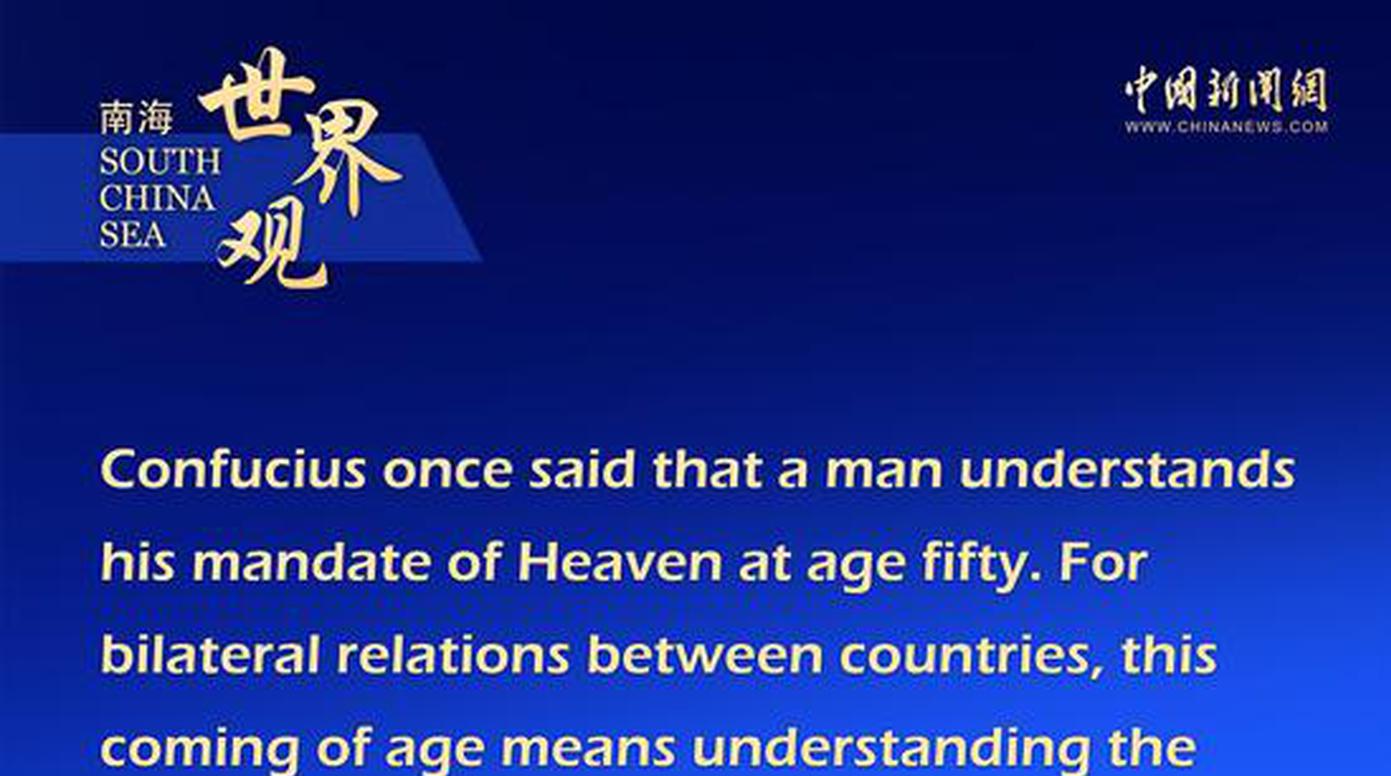China Consumers Association (CCA) on Tuesday put forward an initiative calling for the rejection of food waste and the boycott of extreme eating online live-streaming, urging the public to promote a rational, healthy, and civilized dining culture.
The CCA said that some online platforms are now flooded with extreme eating livestreams, featuring binge-eating challenges that push human physical limits or sensational content, containing bizarre, ultra-spicy, or rare foods. Such practices run counter to the modern values of health, frugality, and civility.
The CCA noted that some extreme eating live-streamers, including the so-called “big stomach kings” and “spice challengers”, promote overeating and limit-pushing as entertainment or skill, spreading unhealthy and irrational eating habits that produce negative effects among young audiences.
Consumers are urged to recognize the harm of extreme eating live-streaming content and reject it by avoiding likes, shares, and follows, while actively blocking related accounts and channels, noted the CCA.
Content creators must uphold moral standards and reject food waste by refraining from planning, producing, or posting extreme eating videos, the CCA stressed. Instead, they should focus on exploring the cultural value of food and promote the idea of eating scientifically, healthily, and responsibly.
The association also called on platform operators to strengthen content review and recommendation systems by strictly identifying, limiting the spread of, and promptly taking down video clips that promote binge eating and food waste. Platforms should actively guide users toward positive values by promoting public interest content on healthy and sustainable eating, helping foster a clean and responsible online environment.
At the end of 2024, Chinese authorities unveiled an action plan to boost food production while reducing waste, promoting the notion that increasing output requires conservation—and that saving food is itself a form of production.
The plan targets key sectors and aims to build a long-term mechanism by 2027, with improved standards, better data systems, and food loss rates kept below global averages. It also calls for significantly cutting per-meal food waste in restaurants, schools, and canteens, fostering a nationwide culture of conservation through sustained efforts and broad public participation, according to a Xinhua News Agency report in November.


















































 京公網(wǎng)安備 11010202009201號
京公網(wǎng)安備 11010202009201號